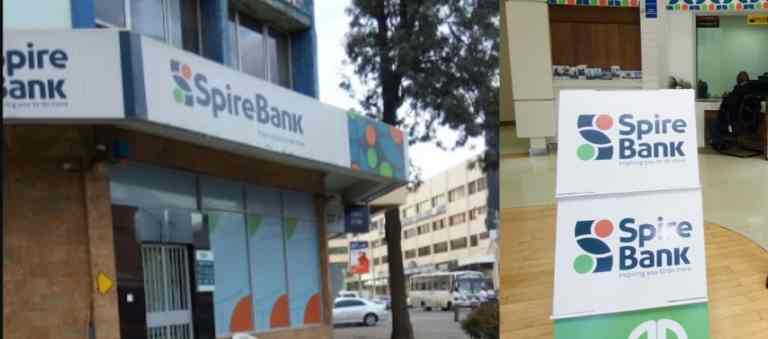Mastercard has announced that it will require all payment cards on its network to be made from sustainable materials and approved through a certification program by 2028.
The move is part of the company’s sustainability efforts to remove first-use PVC plastics from payment cards. Mastercard will require newly produced plastic payment cards to be made from more sustainable materials, including recycled or bio-sourced plastics such as rPVC, rPET, or PLA. The company will support its global issuing partners through the transition away from virgin PVC.
Mastercard’s Sustainable Card Program, launched in 2018, has already seen over 330 issuers across 80 countries sign up, working with major card manufacturers to transition over 168 million cards across its network to recycled and bio-based materials.
The company’s latest announcement accelerates these efforts and complements its work to deliver innovative, digital-first card programs that eliminate the need for a physical card offering.
The rule change will require all newly made cards to be certified by Mastercard to assess their composition and sustainability claims. This certification will then be validated by an independent third-party auditor, and once a card has been validated, it can be imprinted with a Card Eco Certification mark.
“At Mastercard, we are leading and shaping our industry’s collective pursuit of a more sustainable, more environmentally conscious future,” said Ajay Bhalla, President of Cyber & Intelligence at Mastercard.
As our customers respond to increased consumer desire to make more eco-friendly choices, we are making a firm commitment to reducing our environmental footprint – for the benefit of people, planet and inclusive growth.
Mastercard established its sustainability efforts more than a decade ago, focusing on financial inclusion, data responsibility, and the environment.
Through its network, the company collaborates with partners to bring new environmental innovations and initiatives to market, such as its Priceless Planet Coalition, Carbon Calculator, and Sustainable Card.
The move has been welcomed by partner banks, including HSBC, which has already introduced recycled plastic payment cards across 28 of its global markets and embedded the requirement to use sustainable materials for all debit, credit and commercial cards in its product governance.
“This level of impact couldn’t be achieved without strong partnership; I am so proud for us to be a part of a movement which is gathering momentum across the world,” said Taylan Turan, Group Head of Retail Banking and Strategy, Wealth and Personal Banking at HSBC.
Mastercard’s initiative has been seen as a welcome next step towards a sustainable future by Starling Bank’s Chief Banking Officer, Helen Bierton. “We recognise this can only be achieved with strong partnerships and support for the efforts by Mastercard to widen the program to its entire network,” she added.
Mastercard launched the Greener Payments Partnership with card manufacturers Gemalto, Giesecke+Devrient, and IDEMIA in 2018 through its Digital Security Lab to reduce the use of first-use PVC plastic in card manufacturing. The company’s participant banks span more than 80 different countries worldwide. It launched the Mastercard Card Eco-Certification (“CEC”) scheme in 2021.




